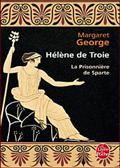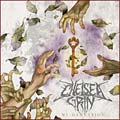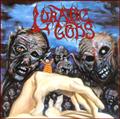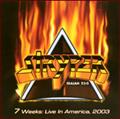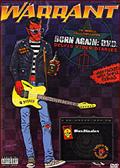ROYAL HUNT (dk) - Paper Blood (2005)
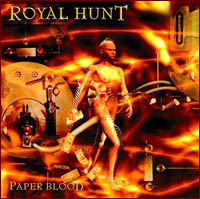
Label : Frontiers Records
Sortie du Scud : 6 juin 2005
Pays : Danemark
Genre : Speed progressif et mélodique
Type : Album
Playtime : 10 Titres - 56 Mins
Avec ce nouvel album, on ne pourra pas dire que ROYAL HUNT surprenne, on notera malgré tout un changement assez net avec l’opus précédent. Comment expliquer un tel paradoxe ? C’est que le groupe reste fidèle à son style sans pour autant poursuivre dans la direction qu’il semblait vouloir emprunter avec Eyewitness. On serait tenté de penser qu’avec ses chœurs très mélodiques (limite FM) le groupe a subi le mécontentement des fans et qu’il a souhaité corriger le tir, pourtant on retrouve les mêmes chœurs, seulement ici ils sont moins convaincants et les refrains sont beaucoup moins efficaces. Cette fois, pas de “Help Us God”, ni de “Can’t Let Go”, dans ce style le seul titre réussi est “Not My Kind” qui reprend des caractéristiques similaires.
Le principal défaut de cet album est son orientation progressive ; car les parties instrumentales sont innombrables : non seulement les titres sont longs (entre 5 et 7 minutes) mais, sur les 10 morceaux, 3 sont des instrumentaux. Alors, c’est vrai, le tout est magnifiquement interprété et les mélodies sont bien présentes. Mais on aurait tout de même souhaité avoir davantage de chansons à se mettre sous la dent. Il s’agit donc d’un problème de proportions, car si l’album avait contenu 2 ou 3 titres chantés en plus, il serait nettement plus digeste et l’on pourrait volontiers se plonger dans les parties instrumentales sans éprouver cette petite frustration.
D’autre part, Andre Andersen a clairement souhaité mettre son instrument en avant et, à moins d’être un inconditionnel du synthé, on en ressort gavé. Cependant, hormis ce choix, son travail de producteur est remarquable et ne souffre aucune critique.
Ajouté : Lundi 23 Mai 2005
Chroniqueur : Alexis de Fireball
Score :    
Lien en relation: Royal Hunt Website
Hits: 14983
|



